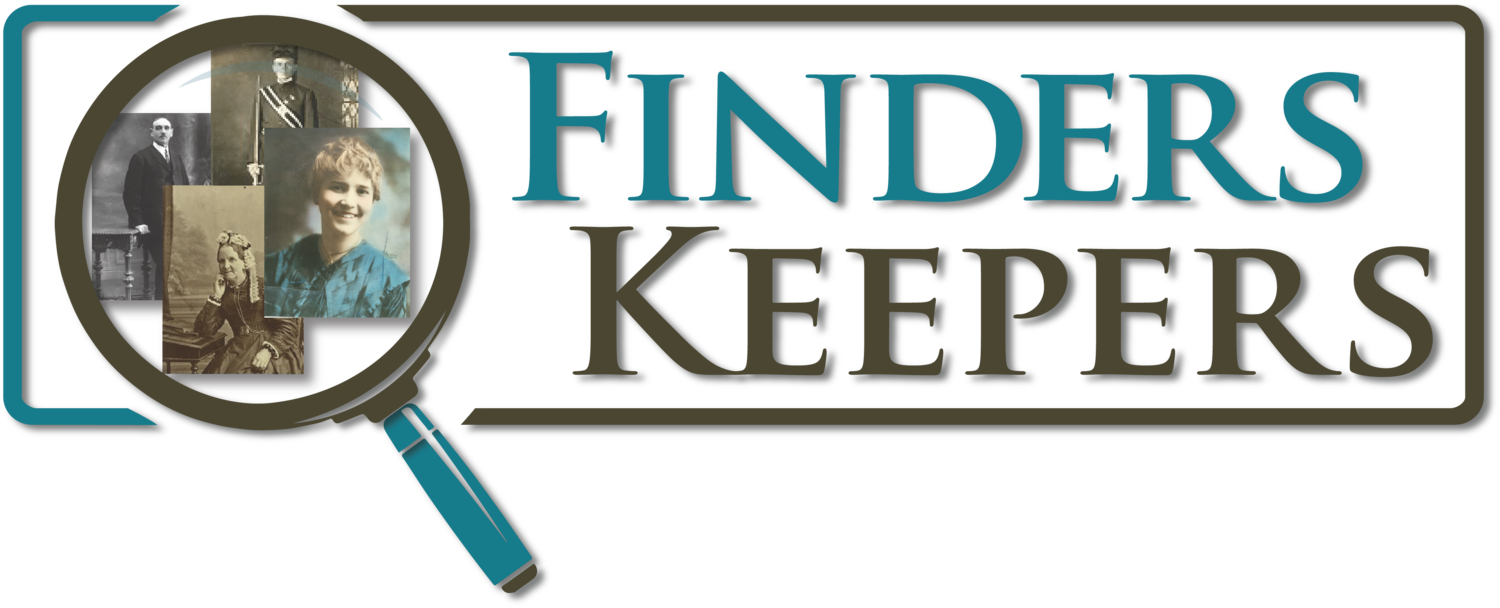Some of our most common FAQs-
-
Memory Care Books have shown promise in the area of ‘Reminiscence Therapy’, including reducing anxiety, improving relations between the individual and caregivers, and improving memory recall.
-
Those with dementia or Alzhemier’s Disease could benefit from a memory care book. It contains information about that person’s life in a format that is easy to read and personalized to help engage their fading memories, connect with family members and caregivers, and remind them that they are valuable in others lives.
Finders Keepers’ Memory Care Books are designed to lay nearly flat to help with two people viewing at the same time and small enough to sit on a lap or rolling bed table.
-
The books are 10”x10” and can hold 20-100 pages. We recommend 1-2 photos per page to reduce distractions and prompt conversations. Thirty pages are recommended for those with severe symptoms. Up to 100 for those with mild memory impairment or those who have an unfamiliar caregiver team. Additional copies of the same book are available, as well, as grandchildren books to help them learn more about the stories of their grandparent.
-
A Memory Care Book will ship approximately three weeks after photos and information is uploaded as they are hand stitched.
A Custom Book will also ship between 5 days and three weeks after the design is finalized depending upon the type and size of the book.
The delivery of a Family History book depends upon the nature, scope of a project and the number of copies needed.
-
It depends upon the scope of your project, the information that you currently have, the availability of records, and whether record depositories are available.
Scope-
The scope of your project can greatly vary the length of time it takes to complete. Those who only want a family group (parents & children) will have a quicker turn- around time than one who would like a printed book with multiple generations.
COVID impacts-
Prior to COVID it could take 8-12 to get some files from the National Archives in Washington, DC; currently, they are slowly opening their doors and have a 2 year backlog of information. Many government offices are still not open to researchers.
-
A medical family history is a detailing of medical conditions that your relatives have that can be presented to your physician and/or a genetic counselor who can help determine your risk for developing certain medical conditions. They may recommend additional medical tests than are not recommended for the general population or have routine tests like colonoscopy performed at a younger age.
The Centers for Disease Control and Prevention (CDC), as well as, groups like the American Medical Association recommend that each person have a medical family history.
-
There are a few companies that perform genetic testing on DNA samples that are submitted for family history purposes; however, it has limits. Often times only the most common genetic mutations are tested for certain disorders, many medical conditions do not have a known genetic cause, and not all medical conditions with known genetic causes are tested for.
